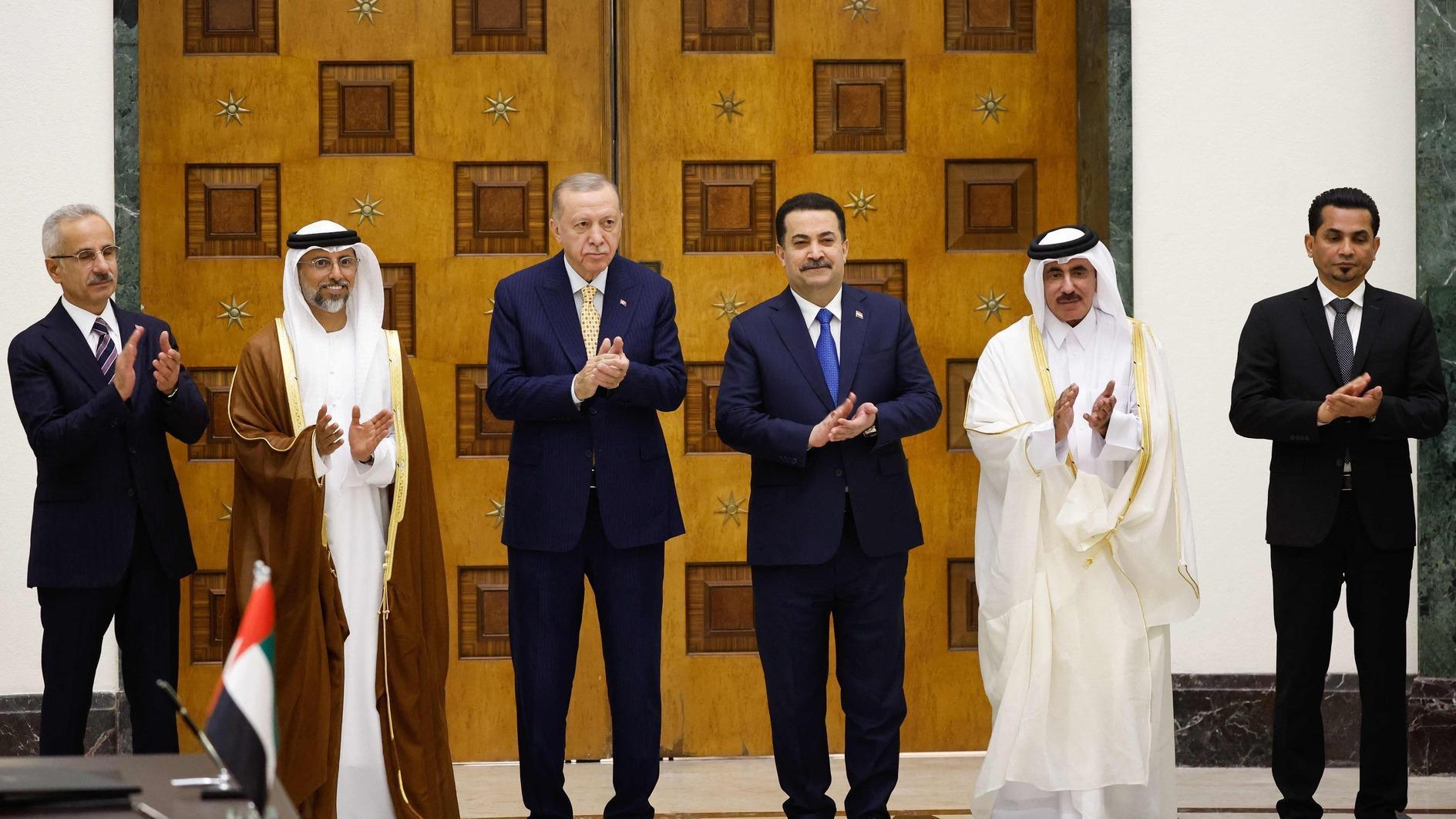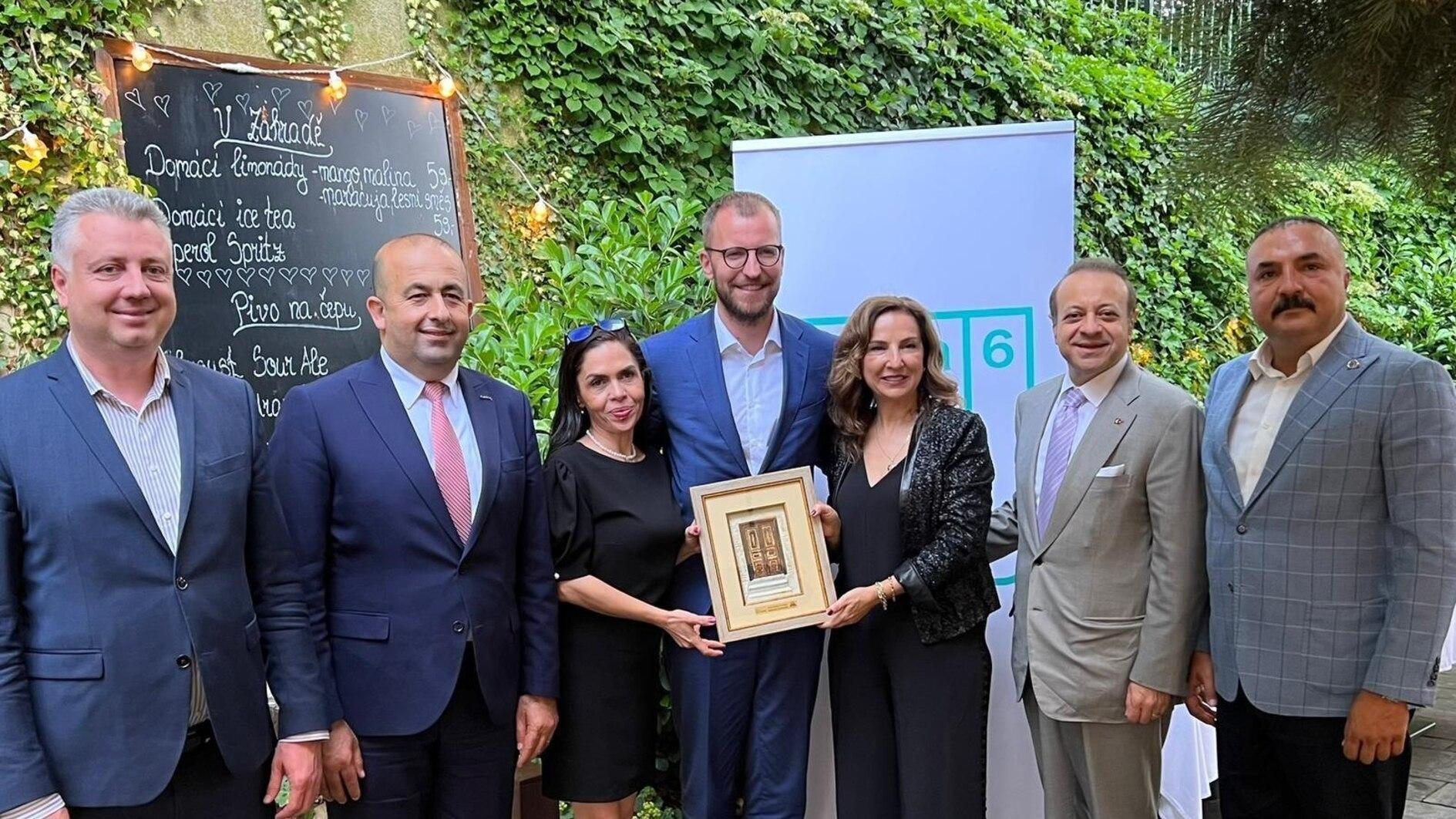Why Muslims have only few Nobel Prizes
I am not the greatest fan of Richard Dawkins, the famous Oxford professor, whose passionate atheism looks to me as a dogma in itself rather than freedom from dogmas. Yet I must I admit that he had point recently when he wrote the following on Twitter:
“All the world’s Muslims have fewer Nobel Prizes than Trinity College, Cambridge. They did great things in the Middle Ages, though.”
In return, some blamed Dawkins for “racism” or Islamophobia, which I found as unfair. The man had only pointed out a fact: Muslims of the modern world have won very few Nobel Prizes, which is an indication of another and more burning fact: Muslims of the modern world have done very poorly with regards to science. And it is not just fair but also necessary to question why.
Of course, it is not just the Muslim world but in fact much of the non-Western world that has done poorly in the past five centuries in the material achievements of human civilization. The all-Christian Latin America as well, for example, has not been a beacon of scientific progress, or democracy and liberalism. “Singling out Muslims,” in that sense, would be wrong.
However, there is a particular fact about the Muslim civilization that calls for a specific focus: As Dawkins noted, “They did great things in the Middle Ages.” Between the seventh and 13th centuries Muslim scientists and philosophers were the most erudite and productive ones in the world. That is why they invented so many things, some of which were exported to the West, and can easily be traced today in English words with Arabic roots. A short list would include algebra, alchemy, alkali, almanac, amalgam, alembic, admiral, alcove, mask, muslin, nadir, zenith, tariff, sugar, syrup, checkmate, lute and guitar. (And, of course, there are also the Arabic numerals.)
That is why Martin Kramer, an American historian, argues, “Had there been Nobel Prizes in 1000, they would have gone almost exclusively to Moslems.”
In short, it is really worth asking why Muslims were doing so well a thousand years ago, whereas they are doing so poorly today. This, of course, is a famous and complicated question with no simple answer. If there were any simple answer, I would root it in the decline of the Middle Eastern economy because of the tectonic shifts in world trade. But there is also something to do with the common Muslim mind as well. Muslims were quite successful a millennium ago, because they had formed a cosmopolitan civilization that did not shy away from being open to foreign cultures, such as Ancient Greece, Eastern Christianity, Judaism, Persia, India or China. Muslim intellectuals were confident about their faith and hence did not see a problem in learning from non-Muslim sources of knowledge and synthesizing them with Islam.
However, today’s common Muslim mind, including the intellectual Muslim mind, is quite insular, and is focused on protecting an “Islamic” (and quite closed) mental sphere from influences from the outside world. The result is a defensive culture that refuses to engage with the ideas of “the unbelievers,” and therefore only repeats what it has learned from its own forebears. If we Muslims want more Nobel Prizes – and all the knowledge, sophistication and success that they imply – we must begin with challenging this closed-mindedness, and strive to have more open minds.











